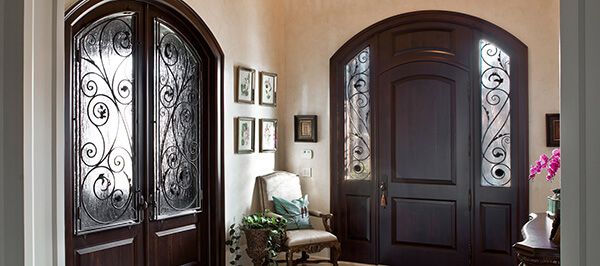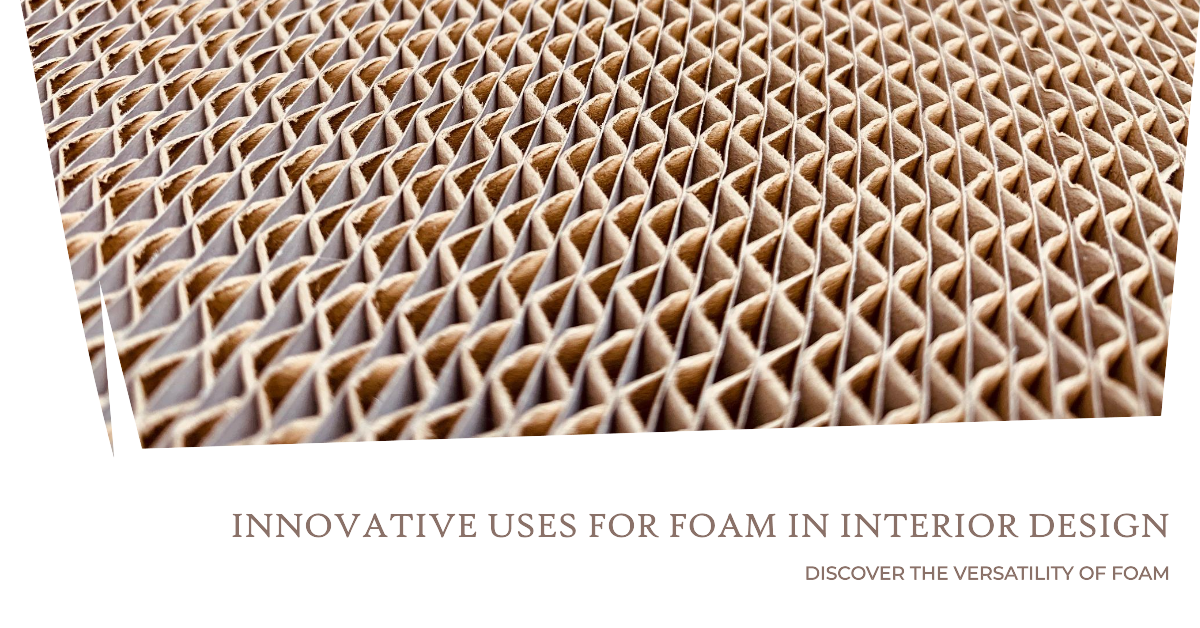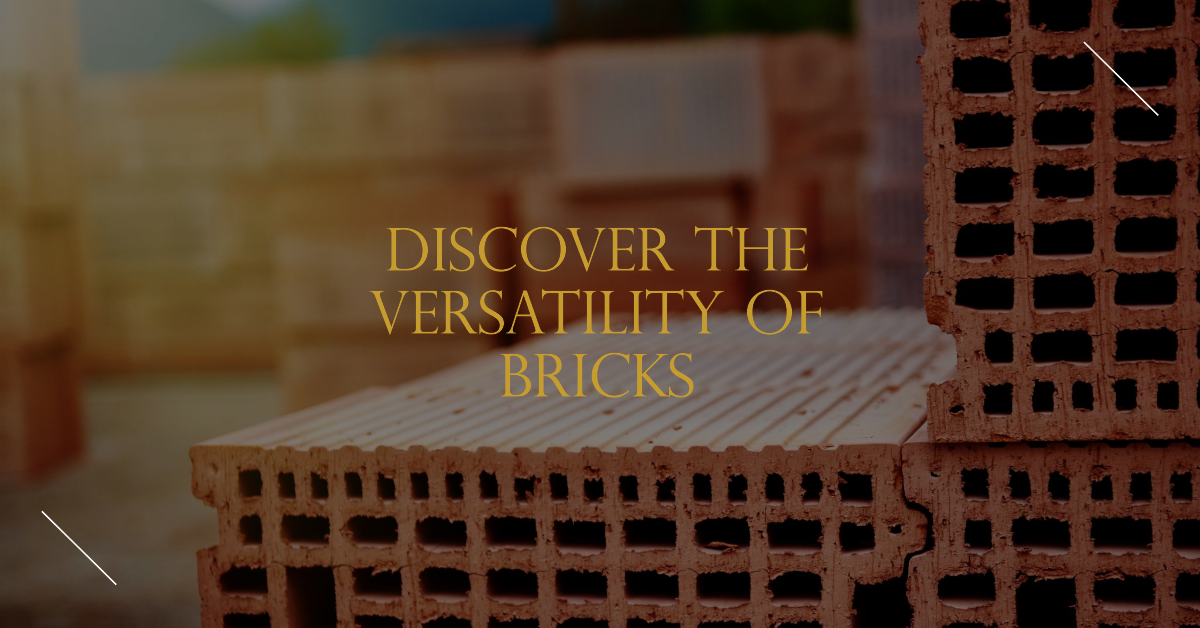Choosing the right door for your home is more than just about aesthetics. The perfect door not only enhances curb appeal but also ensures security, durability, and energy efficiency. With a wide variety of custom doors for sale, finding the one that meets all your criteria can be a challenge. This guide aims to simplify the process by covering all the essential aspects you need to consider.
Investing in a custom door tailored to your specific needs can significantly impact the look and functionality of your home. Whether you’re after an elegant entry to impress guests or a robust back door to keep your family safe, understanding the fundamentals of door selection is crucial. This guide will help you navigate through the myriad of options, ensuring that your choice is both practical and aesthetically pleasing.
Understanding Your Needs
Before diving into the nitty-gritty of materials and designs, it’s crucial to understand your specific requirements. Are you looking for a decorative front door that adds charm and character or a sturdy back door that offers maximum security? Do you reside in a region with extreme weather conditions that could affect the door’s performance? These questions will guide you in making an informed choice.
The functionality of the door should align with its placement and the climate of your region. For instance, homes in storm-prone areas necessitate doors that can withstand high winds and debris. A comprehensive understanding of how climate impacts home design can be instrumental in your decision-making process, ensuring you select a door that stands the test of time and weather.
Material Matters: Wood, Steel, or Fiberglass?
Wood, steel, and fiberglass are the most common materials for doors, each with its advantages and disadvantages. Wood doors offer a timeless aesthetic and excellent thermal performance but require regular maintenance to prevent issues like rot, warping, and pest infestation. Steel doors are solid, durable, and low-maintenance but can rust over time if not correctly cared for. Fiberglass doors, on the other hand, combine the best of both worlds, offering durability, low maintenance, and a look resembling wood. They are highly resistant to wear and tear, including dents and scratches, and are ideal for regions with fluctuating weather conditions. Fiberglass doors are also highly energy-efficient, reducing energy bills. For more detailed information, refer to the guide to door materials to help you make an informed choice.
Design and Style Considerations
Your door’s design should complement the architectural style of your home. A well-chosen door can act as a statement piece, elevating the entire facade of your home. Whether you prefer modern, rustic, or traditional styles, there are plenty of options available to suit your taste. Here are some popular styles to consider:
- Modern: Sleek lines, minimalistic design, and neutral colors characterize modern door designs. They often feature materials like glass and metal, creating a contemporary look that fits well with modern architecture.
- Rustic: Natural finishes, weathered textures, and earthy tones define rustic doors. These doors are perfect for homes with a country or farmhouse aesthetic, adding a warm and inviting feel.
- Traditional: Ornate designs, classic colors, and detailed craftsmanship are hallmarks of traditional doors. They are ideal for Victorian, Colonial, or other classic home styles, offering a timeless appeal.
Energy Efficiency and Insulation
Energy-efficient doors can significantly reduce your utility bills by maintaining temperature control within your home. Look for doors with high insulation properties and energy efficiency ratings. This is particularly important for exterior doors, as it can affect your home’s HVAC system.
The right door can make a noticeable difference in your energy consumption. Always check for Energy Star labels or other efficiency certifications when making your selection. Doors with proper insulation not only save energy but also make your home more comfortable by eliminating drafts and maintaining a consistent indoor temperature.
Security Features to Look For
Contemporary doors have to be safe as well as visually appealing. Multi-point locking systems, which protect the door at several locations along the frame, are essential elements that make it more difficult for burglars to break in. Consider adding smart locks for even more convenience. These locks include features like keyless access, monitoring, and alarms for odd behavior, and they can be operated remotely via a smartphone app. With these locks, you can control admission to your house even while you’re not there, adding an extra degree of security and convenience.
Installation: DIY or Hire a Professional?
Deciding whether to install the door yourself or hire a professional depends on several factors, including your skill level and the complexity of the installation. DIY installation can be cost-effective but requires precise measurements and specialized tools. If not done correctly, it could lead to issues such as poor sealing, which can affect energy efficiency and security.
On the other hand, professional installation ensures that your door is fitted correctly and securely, safeguarding your home against potential issues. Professionals have the experience and tools required to handle any complications that may arise during the installation process, offering peace of mind and often a warranty on their work.
Maintenance and Longevity
To maintain lifespan, various materials require varying degrees of upkeep. Your door may remain functional and in good condition for many years with regular painting, staining, or cleaning. For example, yearly treatments are often necessary to keep hardwood doors from rotting and to preserve their aesthetic. However, steel and fiberglass doors may only require routine cleaning and little repairs.
Check your door from time to time for wear and tear indicators like cracks, corrosion, or peeling paint. If you take care of these problems right away, you may avoid later expensive repairs or replacements. Regular maintenance inspections can also assist you in spotting possible issues before they worsen and guarantee the long-term strength of your door.
Conclusion
Selecting the ideal bespoke door for your house is a complex choice that requires striking a balance between cost, practicality, and design. Understanding your unique requirements and taking into account elements like materials, energy efficiency, and security measures can help you make an informed decision that improves the appearance and security of your house. Recall that a well-selected door is an investment that may raise the value of your house and offer dependable service for many years to come.





